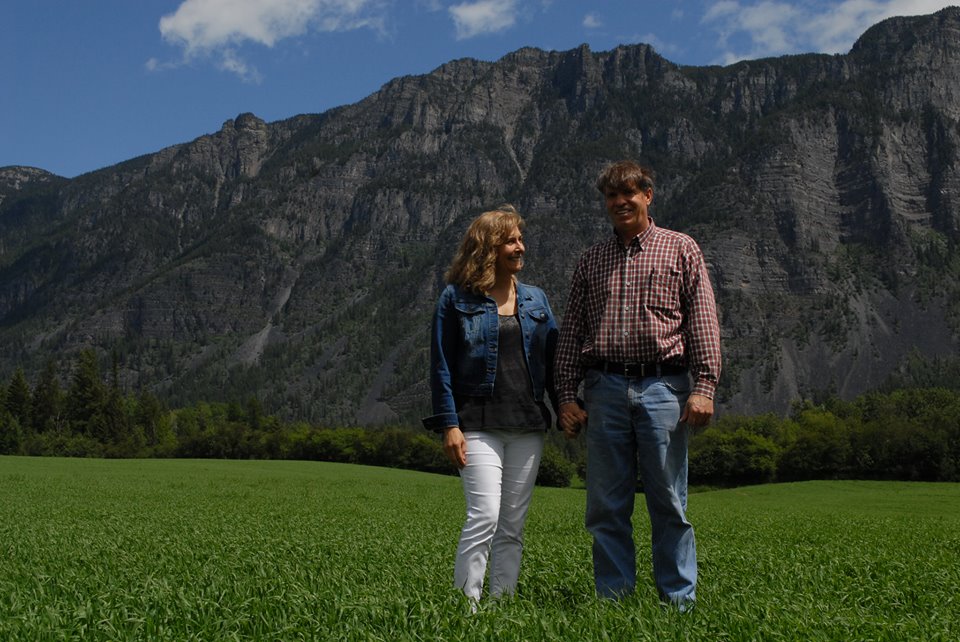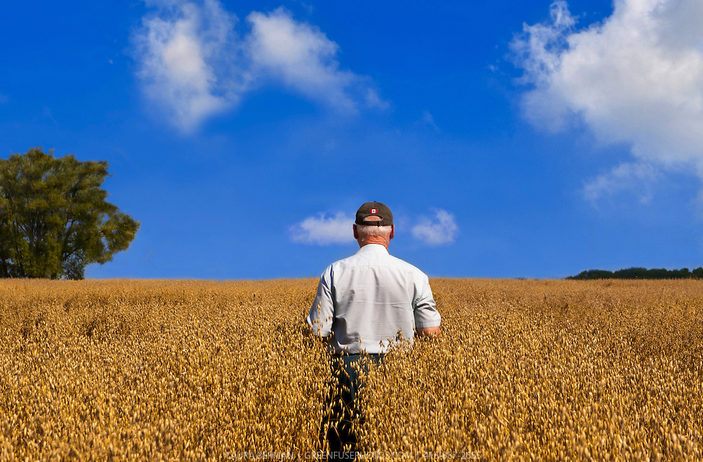I might be an organic farmer, but as I stand by the barn, looking out over the fields, I probably look like any other stereotypical farmer, right down to the rubber boots.
And in some ways, that’s the problem with organics. It is tough to see the many of the attributes that make organic farming importantly different. Organic farmers talk about the lack of herbicides and pesticides in our fields, many of which require our neighbours to look like something out of a contamination lab, when they spray their fields. And while the United Nations recognizes some sprays, like the infamous “Round Up”, trade marked by Monsanto, as known to cause cancer in humans, industrial farming still pours it on food destined for the supermarkets. Often, we will talk about the Non GMO stance, because of a sincere belief that the added genes, from creatures that usually were never in our foods, don’t deserve to be introduced to our diets now. I still remember Mad Cow Disease, caused by feeding cattle ingredients that had never been in the cows’ diet in the past. We need to be careful.
 I get to share great joy, as an organic farmer. I get to see the wonder of our lives, in harmony with the world. It is the positive contribution we make that is the biggest difference between growing using the organic model. As organic farmers, we work to breathe life into the soil, enabling our food to grow naturally, in the same way our food has grown for generations and generations. We carefully collect seeds from the best plants in the harvest to slowly, over years, improve our plants, to feed more people with the improved crop. And that improved crop also includes exceptional flavour. Of course, we leave room for the balance of nature and are rewarded by the call of the frogs in the spring and the honking of geese in the autumn.
I get to share great joy, as an organic farmer. I get to see the wonder of our lives, in harmony with the world. It is the positive contribution we make that is the biggest difference between growing using the organic model. As organic farmers, we work to breathe life into the soil, enabling our food to grow naturally, in the same way our food has grown for generations and generations. We carefully collect seeds from the best plants in the harvest to slowly, over years, improve our plants, to feed more people with the improved crop. And that improved crop also includes exceptional flavour. Of course, we leave room for the balance of nature and are rewarded by the call of the frogs in the spring and the honking of geese in the autumn.
